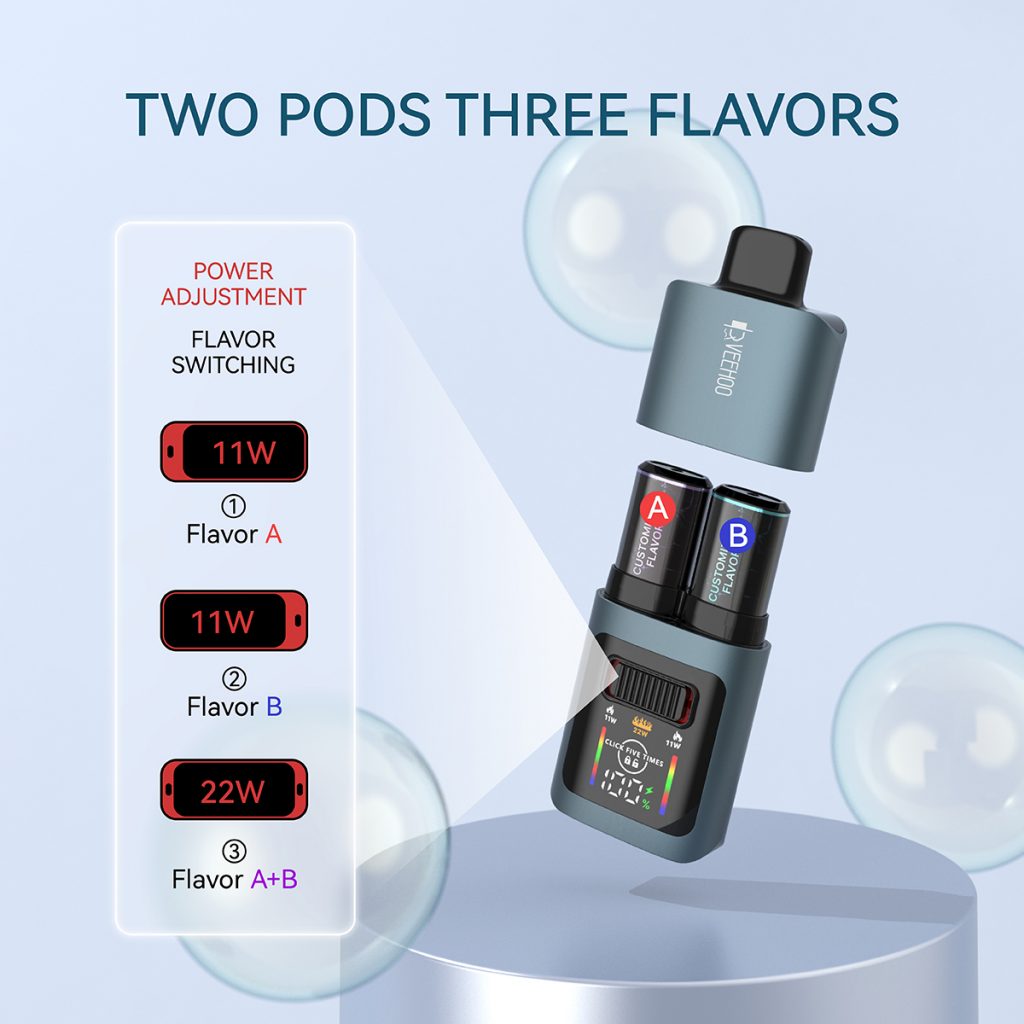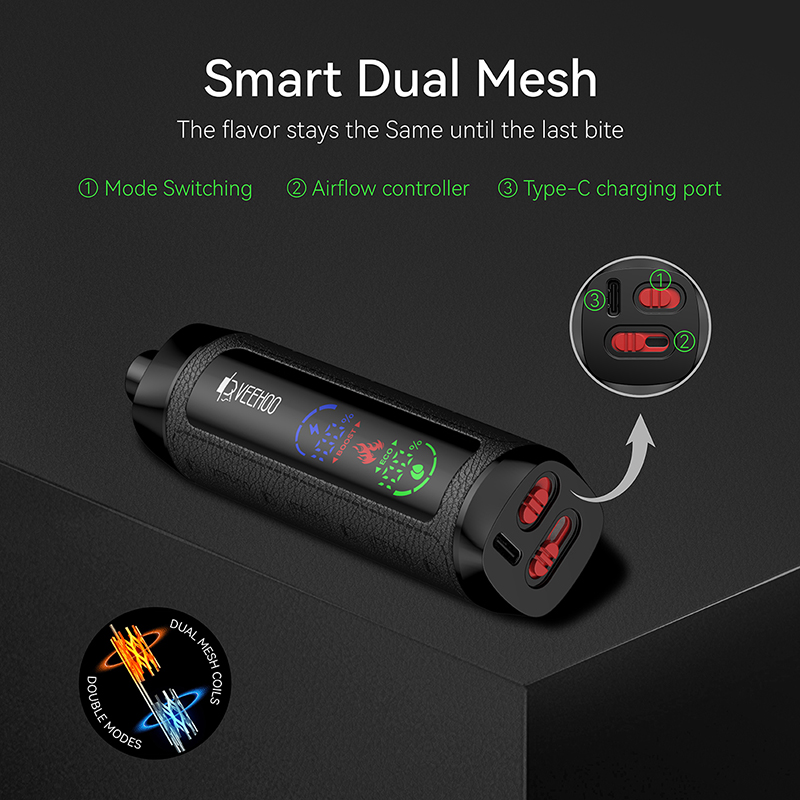Recently, the Alabama government signed a new regulation aimed at further regulating the e-cigarette industry. The regulation stipulates that from October 1, 2025, all e-cigarette products and their components sold in the state must be manufactured, packaged and labeled in the United States, unless these products have passed the pre-sale tobacco product application (PMTA) approval of the U.S. Food and Drug Administration (FDA). This legislation not only reflects the local government’s high attention to public health, but also demonstrates its support and determination to revitalize the U.S. manufacturing industry.
For consumers, this new regulation will help improve the safety and reliability of e-cigarette products. In the past, the origins of e-cigarette parts and e-liquids were diverse, and it was difficult to fully cover the supervision. The localized manufacturing requirements make all links such as raw materials and production processes supervised by U.S. regulators, reducing potential risks such as heavy metals, battery quality and e-liquid ingredients from the source, so that users can feel more at ease when using them.

From the perspective of industry development, the mandatory requirement of local manufacturing will bring new market opportunities for U.S. e-cigarette manufacturers. In particular, brands that have factories in the state or plan to expand production capacity will have obvious advantages in supply chain costs, transportation timeliness and brand image. Take VEEHOO, a well-known domestic e-cigarette brand, as an example. Its production base in the southeast has achieved full-process American manufacturing and has taken the lead in passing PMTA approval. After the new regulations are introduced, VEEHOO will enjoy a higher shelf access rate with its mature localized production system, and will be able to respond quickly to changes in market demand.
For companies that are still outsourcing overseas, they are faced with the urgent task of adjusting their production layout. They need to determine new or cooperative production facilities in the United States or Alabama within a limited time; or invest more resources to promote the PMTA application process to ensure that they can still maintain market sales rights after the regulations come into effect. No matter which path is taken, it will force the industry as a whole to develop in a more compliant, standardized and high-quality direction.

At the social level, the new regulations will also help promote job growth and local economic development. With the return of e-cigarette production links to the local market, it will have a positive driving effect on manufacturing, logistics, quality inspection and related supporting industries, bringing more jobs and tax revenue to Alabama. At the same time, intercepting non-compliant products with the help of PMTA applications can also curb the smoking rate of young people to a certain extent and help achieve public health goals.
From the perspective of government supervision, this regulation does not completely exclude the development space of innovative products. For new e-cigarettes or alternative nicotine products that can provide sufficient scientific data to prove their benefits to public health, the PMTA application channel remains open. As long as the company can pass the evaluation in terms of safety, addictiveness, and impact on non-user groups, it can retain the qualification to legally sell in the market. This flexible design not only ensures the seriousness of supervision, but also takes into account the driving force of technological innovation.

For consumers and the industry, the next few months will be a critical period for moving towards a new pattern. Market participants should actively evaluate whether their products meet local production requirements, or speed up the preparation of PMTA materials; retailers need to adjust their procurement channels in a timely manner to ensure that they can still provide a stable supply of compliant products after the regulations come into effect. Only by finding a balance between compliance and innovation can we continue to develop in the new policy environment.
Overall, Alabama’s new regulations highlight the local government’s overall consideration between public health protection and industrial development. Through the dual guarantee of “Made in the USA” and “Scientific Review”, it will not only strengthen product safety supervision, but also encourage more brands such as VEEHOO to increase investment in local production and technology research and development. I believe that with the joint efforts of all parties, the e-cigarette market in Alabama will usher in a healthier, more orderly and sustainable development prospect.
Tags: ceramic atomizer core, flavored e-cigarette, nicotine bag, veehoo vape